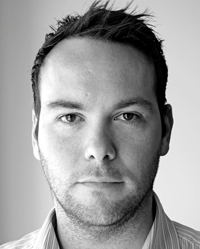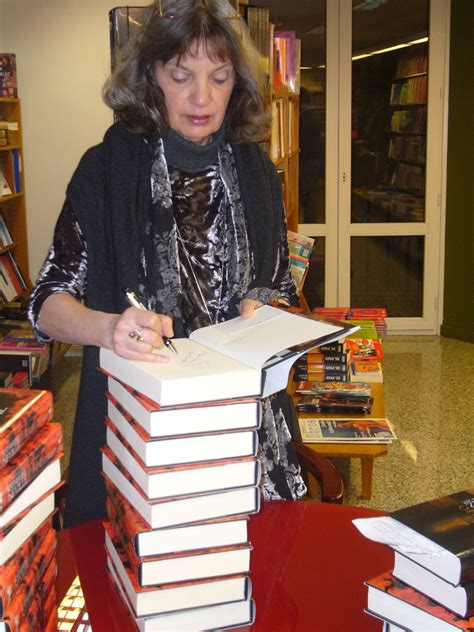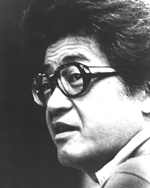A Quote by William Styron
Related Quotes
I do not believe that it is necessarily the duty of the writer to give a voice to his community. If a writer is true to his vocation, to his or her vocation, the very process of creativity enlarges these human horizons. It provides insights, even when you're not writing, when your writing's not dealing with a concrete political situation.
Write. Remember, people may keep you (or me) from being a published author but no one can stop you from being a writer. All you have to do is write. And keep writing. While you’re working at a career, while you’re raising children, while you’re trout fishing--keep writing! No one can stop you but you.
If you're going to be a writer you should sit down and write in the morning, and keep it up all day, every day. Charles Bukowski, no matter how drunk he got the night before or no matter how hungover he was, the next morning he was at his typewriter. Every morning. Holidays, too. He'd have a bottle of whiskey with him to wake up with, and that's what he believed. That's the way you became a writer: by writing. When you weren't writing, you weren't a writer.
I can't decide for you whether or not you have got to write, but if anything in the world, war, or pestilence, or famine, or private hunger, or anything, can stop you from writing, then don't write . . . because if anything can even begin to keep you from writing you aren't a writer and you'll be in a hell of a mess until you find out. If you are a writer, you'll still be in a hell of a mess, but you'll have better reasons.
I haven’t had trouble with writer’s block. I think it’s because my process involves writing very badly. My first drafts are filled with lurching, clichéd writing, outright flailing around. Writing that doesn’t have a good voice or any voice. But then there will be good moments. It seems writer’s block is often a dislike of writing badly and waiting for writing better to happen.
If a writer of prose knows enough about what he is writing about he may omit things that he knows and the reader, if the writer is writing truly enough, will have a feeling of those things as strongly as though the writer had stated them. The dignity of movement of an iceberg is due to only one-eighth of it being above water. A writer who omits things because he does not know them only makes hollow places in his writing.





































